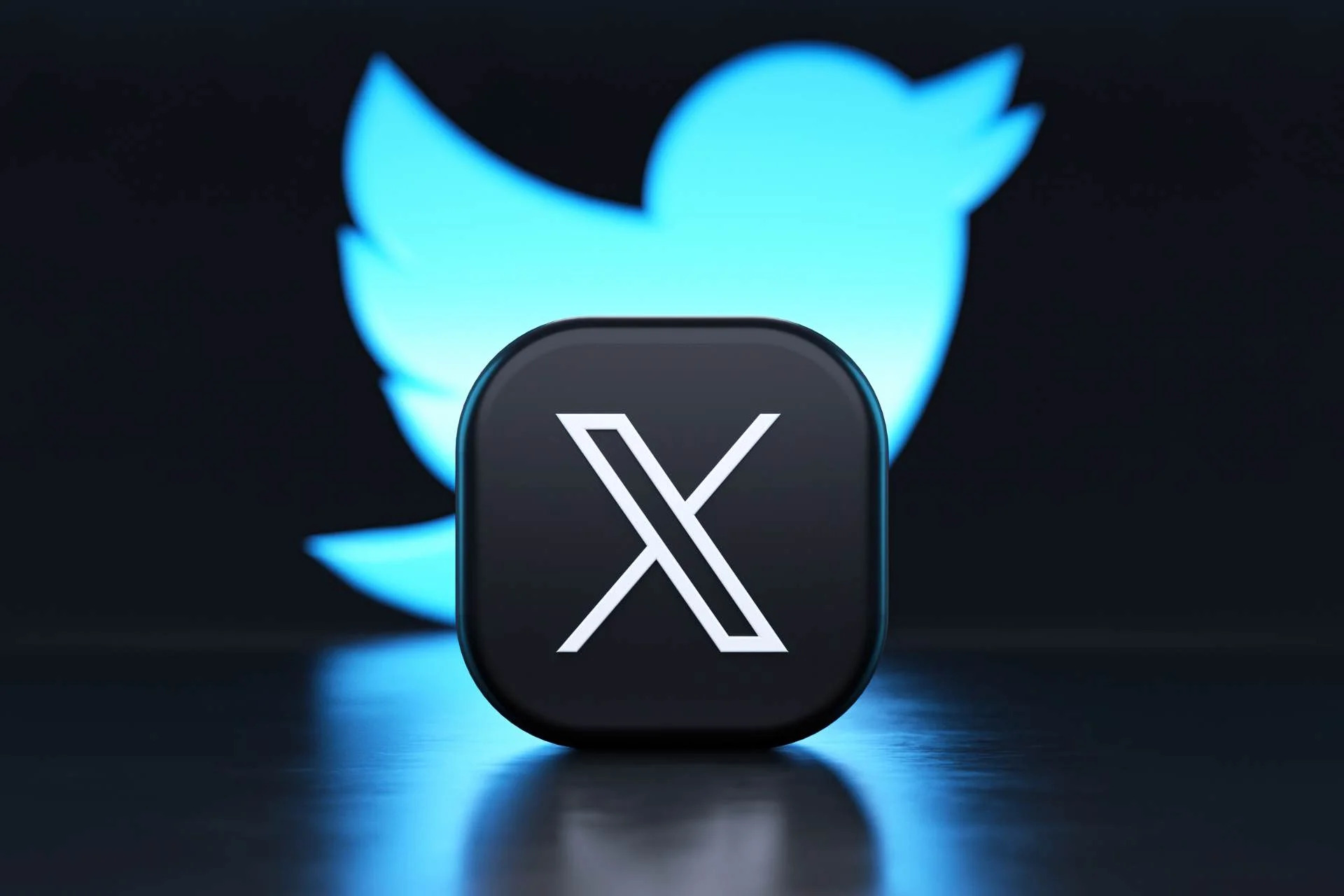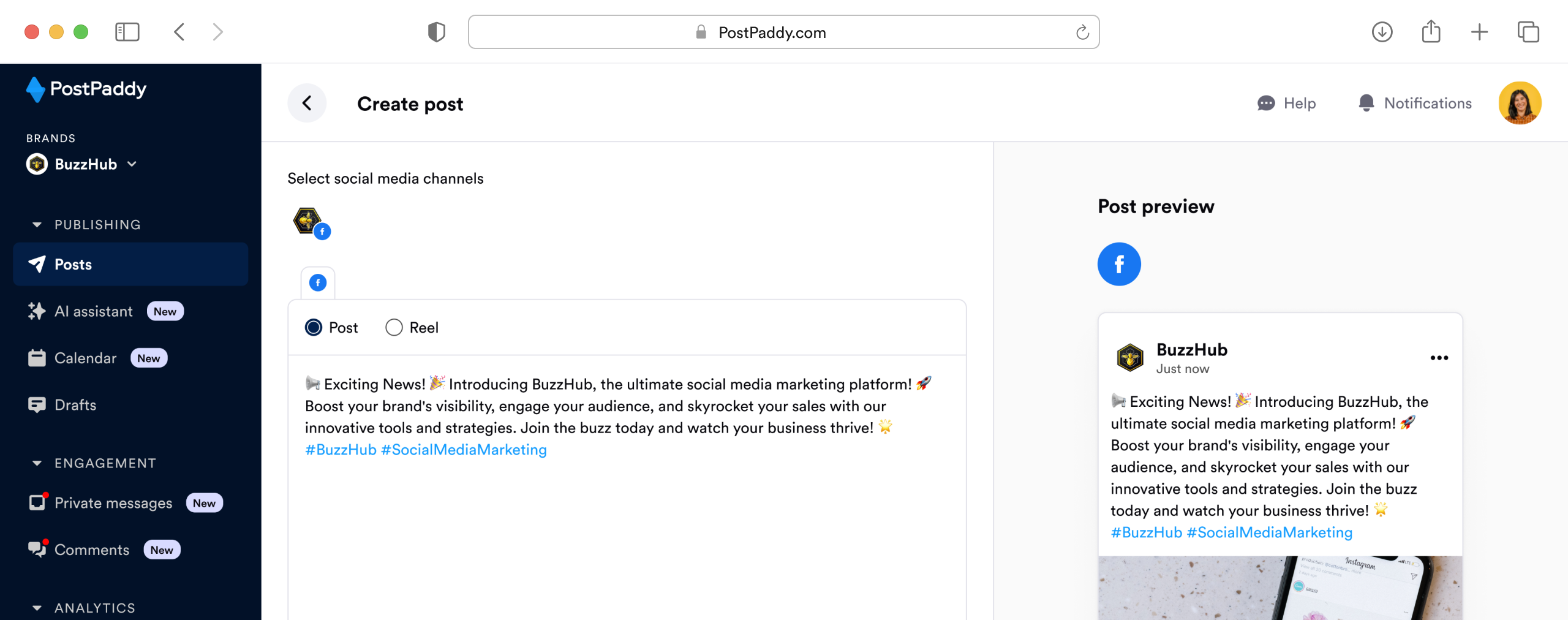
- PostPaddy
5 Successful Influencer Marketing Strategies in 2024
Influencer marketing in 2024 is all about authenticity and precision. From partnering with micro-influencers to creating short-form video content, these five strategies will help your brand connect with the right audience. Whether you’re new to influencer marketing or refining your approach, these tips will ensure success in today’s competitive digital world.

- PostPaddy

Share This Article:
Introduction
Influencer marketing has evolved rapidly, becoming an essential component of modern digital marketing strategies. In 2024, it remains a powerful tool for brands seeking to connect with their audience in authentic, engaging, and impactful ways. Understanding these evolving strategies is crucial for brands that want to stay ahead of the curve, maximize their reach, boost engagement, and ensure a strong return on investment.
By leveraging the right strategies, companies can cut through the noise, forge deeper connections with their audience, and ultimately drive meaningful business results.
In this article, we will explore five influencer marketing strategies that have proven highly effective in 2024. These strategies reflect the latest trends, technological advancements, and best practices that are shaping the influencer marketing this year. Whether you’re a brand looking to launch your first influencer campaign or an experienced marketer aiming to refine your approach, these strategies will provide valuable insights and actionable tips to enhance your efforts.
5 Successful Influencer Marketing Strategies in 2024
1. Micro-Influencers with Niche Audiences
In 2024, the trend towards micro-influencers—those with smaller but highly engaged followings—has solidified its place in influencer marketing. These influencers typically have between 1,000 to 100,000 followers and are seen as more relatable and trustworthy than mega-influencers or celebrities. Brands are increasingly partnering with micro-influencers who have niche audiences, as their followers are more likely to trust their recommendations and see them as genuine.
Micro-influencers tend to focus on specific areas of interest, such as sustainable fashion, cooking, or DIY crafts, which means their audiences are highly targeted. This level of specificity allows brands to tap into a more dedicated and engaged audience, making the marketing efforts more effective. Additionally, micro-influencers often have higher engagement rates compared to larger influencers, meaning brands can expect more likes, comments, and shares on their sponsored content.
To implement this strategy successfully, brands need to carefully select micro-influencers whose niche aligns with their products or services. Authenticity is key, so collaborations should feel natural and seamless, not forced or overly commercial. By fostering long-term relationships with these influencers, brands can create consistent and ongoing campaigns that build trust and loyalty with their target audience.
2. Long-Term Partnerships Over One-Off Campaigns
Another significant shift in 2024 is the move towards long-term partnerships rather than one-off influencer campaigns. Brands have realized that building a sustained relationship with an influencer can yield better results over time. Long-term partnerships allow influencers to become genuine advocates for the brand, which enhances authenticity and builds deeper connections with their followers.
In a long-term collaboration, influencers have the opportunity to integrate the brand into their content naturally, showcasing how they use the product or service in their daily lives. This repeated exposure reinforces the brand message and increases the likelihood that their audience will take action, whether it’s making a purchase, signing up for a service, or engaging with the brand online.
Moreover, long-term partnerships provide influencers with more creative freedom, allowing them to explore different ways of presenting the brand to their audience. This approach not only leads to more diverse and engaging content but also helps in maintaining the audience’s interest over time. For brands, this strategy offers better value for money as they build a more consistent brand presence across various platforms.
3. Utilizing AI and Data Analytics for Precision Targeting
As technology continues to advance, so does the ability of brands to use AI and data analytics to optimize their influencer marketing strategies. In 2024, leveraging AI to identify the right influencers, predict trends, and measure campaign performance has become essential. AI tools can analyze vast amounts of data to determine which influencers have the highest potential to reach a brand’s target audience and drive conversions.
Data analytics also plays a crucial role in refining influencer marketing strategies. By analyzing past campaign performance, brands can gain insights into what works and what doesn’t. This data-driven approach allows brands to adjust their strategies in real-time, ensuring that their influencer partnerships are as effective as possible.
Additionally, AI can help brands create more personalized and targeted content. For example, AI-driven algorithms can suggest the best times to post, the most effective content formats, and even the ideal messaging to resonate with the audience. This level of precision targeting increases the chances of campaign success and maximizes ROI.
4. Short-Form Video Content
Short-form video content, particularly on platforms like TikTok, Instagram Reels, and YouTube Shorts, continues to dominate the social media landscape in 2024. These bite-sized videos are highly engaging and have a greater potential for virality, making them an essential component of any influencer marketing strategy.
Brands are increasingly collaborating with influencers to create short-form videos that are entertaining, informative, and shareable. Whether it’s a quick product demo, a creative challenge, or a behind-the-scenes look, short-form videos allow influencers to showcase the brand in a dynamic and engaging way.
The key to success with short-form video content is creativity and authenticity. Influencers who can produce content that feels genuine and aligns with the platform’s culture are more likely to capture the audience’s attention. Brands should give influencers the freedom to experiment with different styles and formats, allowing them to find the most effective way to communicate the brand’s message.
5. Focusing on Social Responsibility and Ethical Marketing
In 2024, consumers are more socially conscious than ever, and they expect the brands they support to share their values. As a result, influencer marketing strategies that emphasize social responsibility and ethical practices are gaining traction. Brands are partnering with influencers who are known for their activism or commitment to social causes, using their platforms to promote messages that resonate with their audience’s values.
This strategy not only helps brands build a positive reputation but also fosters deeper connections with consumers who share similar values. Whether it’s promoting sustainability, supporting charitable initiatives, or advocating for social justice, influencers who align with a brand’s mission can amplify its impact and reach.
However, it’s crucial for brands to ensure that their commitment to social responsibility is genuine and not just a marketing tactic. Consumers are quick to detect insincerity, and any perceived lack of authenticity can backfire. Therefore, brands should carefully vet influencers to ensure that their values align and that they have a genuine passion for the causes they support.
Conclusion
Influencer marketing in 2024 is all about authenticity, precision, and long-term thinking. By embracing micro-influencers, fostering long-term partnerships, utilizing AI and data analytics, creating short-form video content, and focusing on social responsibility, brands can stay ahead in the ever-evolving digital landscape. These strategies not only enhance brand visibility but also build lasting connections with audiences, ensuring continued success in the competitive world of social media marketing.
You might also like:

How to Delete Your X (formerly Twitter) Account
If you want to delete your X (formerly Twitter) account, this step-by-step guide will show you how. Keep reading to detailed steps for deactivating your account on Android, iOS, and desktop. This piece also covers reasons why people delete their X accounts and important things to note before you delete your account permanently.

5 Must-Have X (formerly Twitter) Tools In 2024
Mastering the X (formerly Twitter) app in 2024 requires more than just regular tweeting—it demands the right tools to help you stand out. These five essential X (formerly Twitter) tools will help you create eye-catching content, manage your profile, and grow your audience.
Building A Successful Social Media Marketing Plan
It is not just enough to post on social media, you need a detailed marketing plan to get your desired results. Learn how to build a successful social media marketing plan with these invaluable tips.
Let’s get started
Sign up on PostPaddy and start enjoying seamless Posting
Create an account and start managing your social media hassle-free, it only takes a few minutes to setup your account

